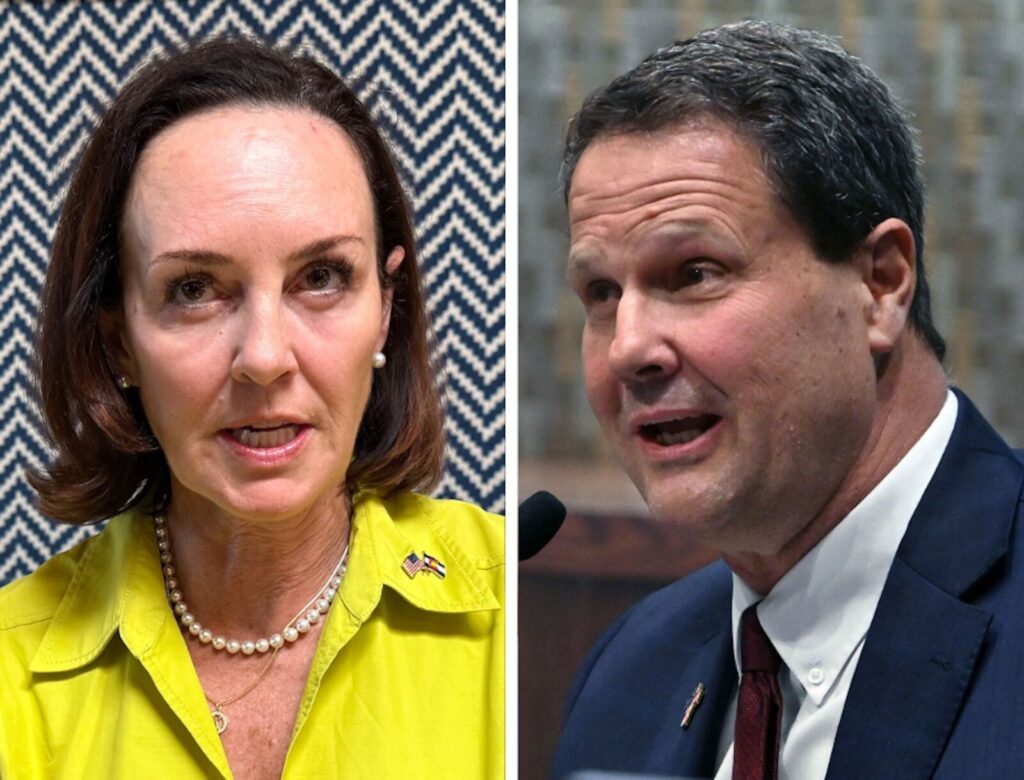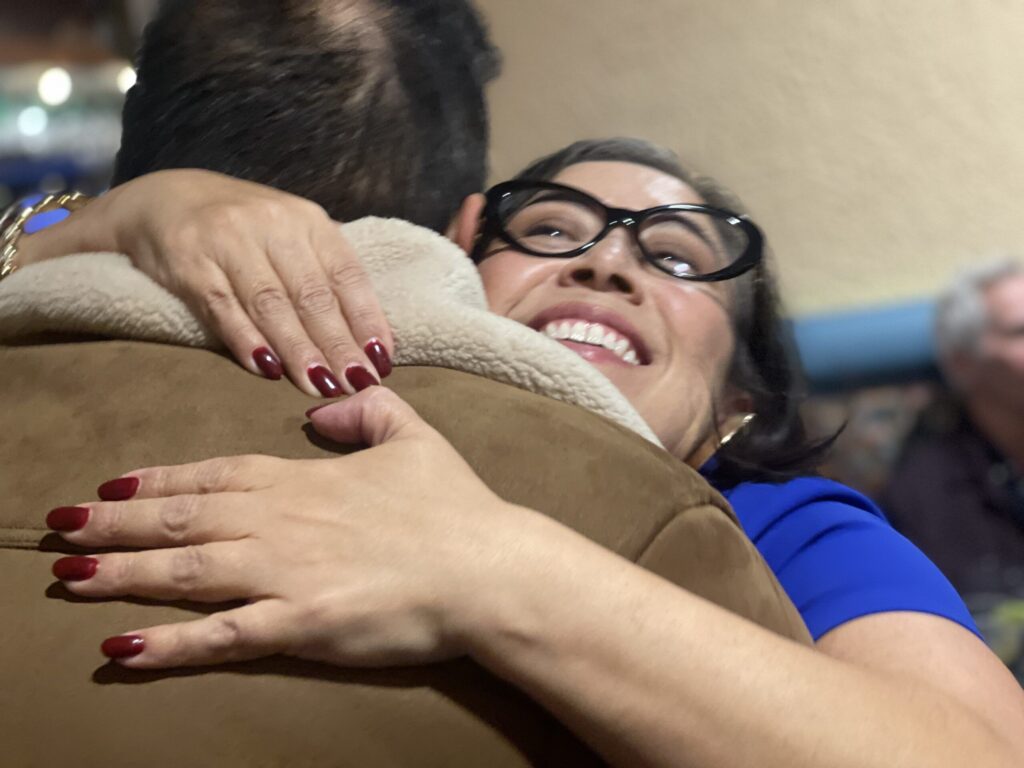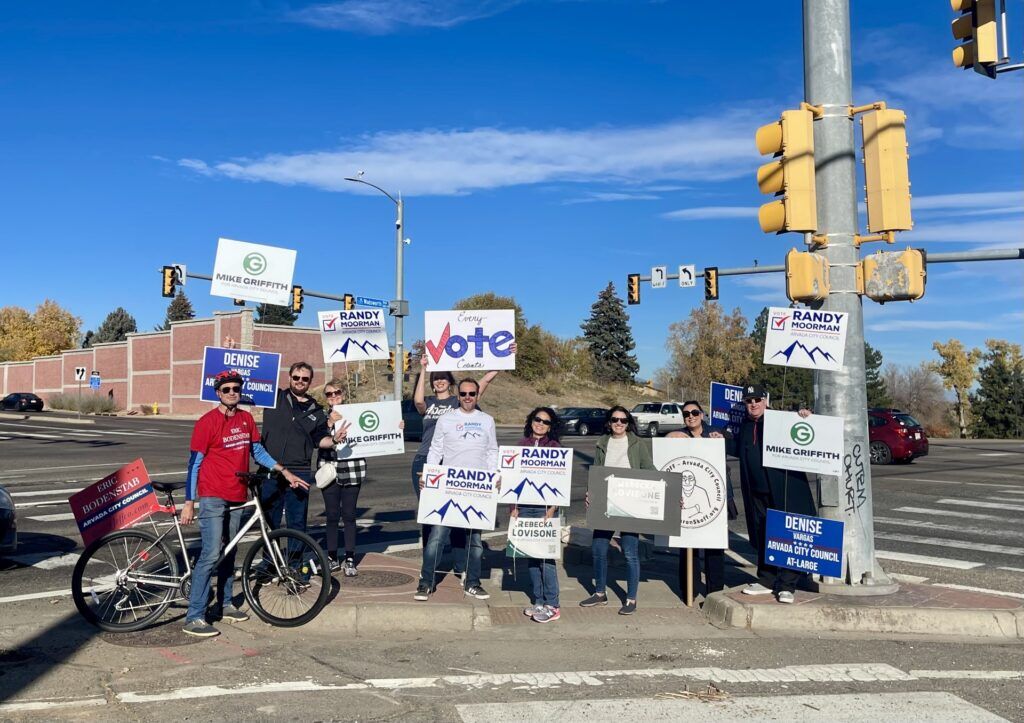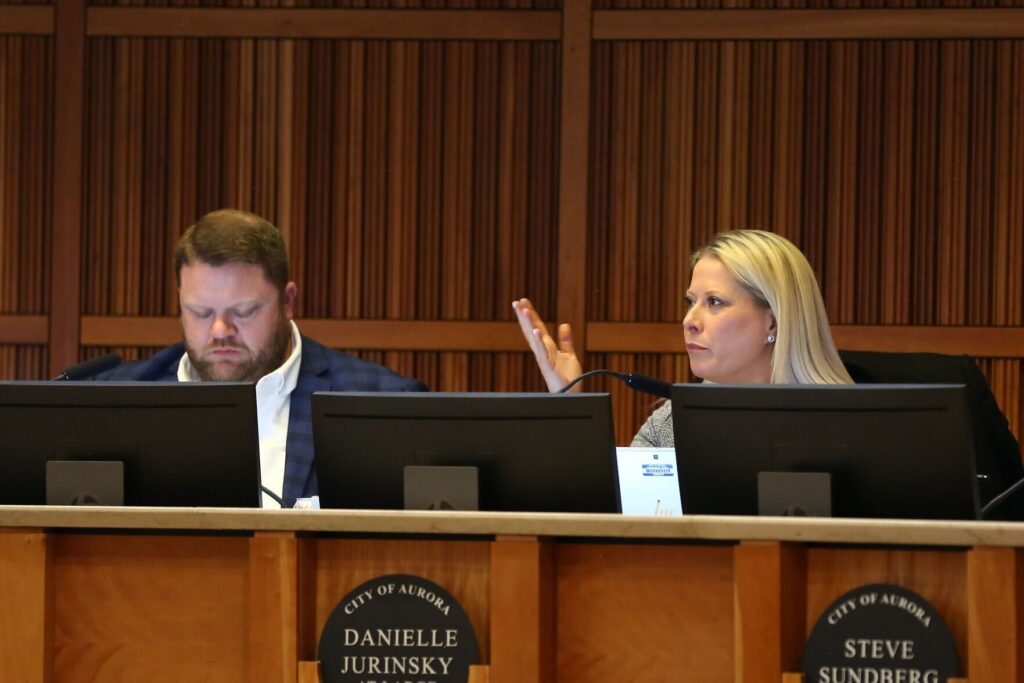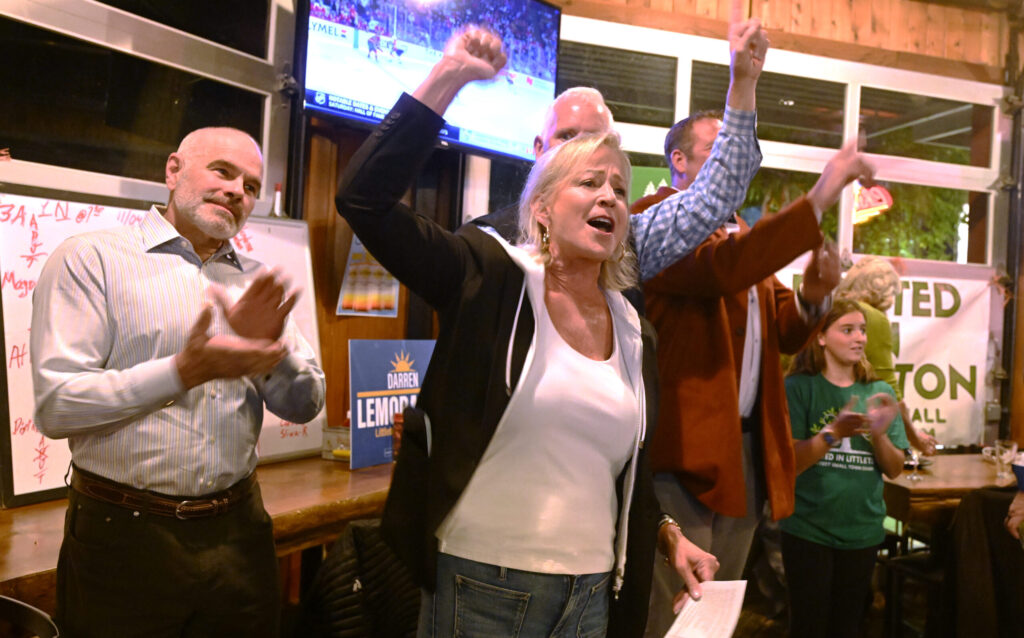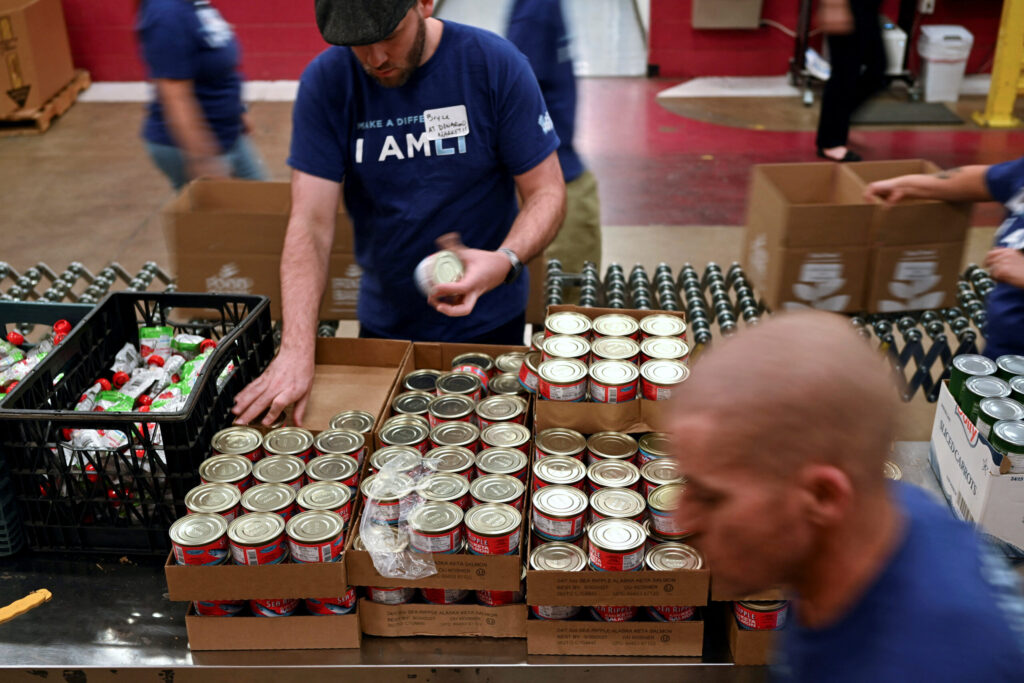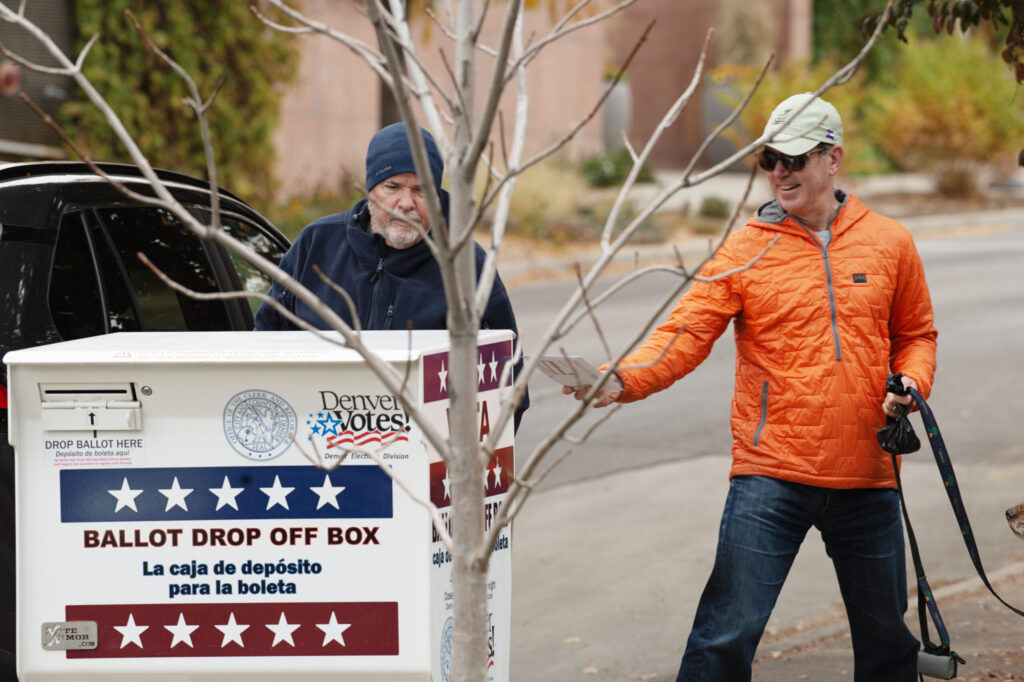Bill to limit contributions to school board candidates clears first committee

A bill that would cap individual contributions to school board candidates at $2,500 is awaiting action from its second House committee.
Rep. Emily Sirota, D-Denver, is the sponsor of House Bill 1060, which would also cap donations from small donor committees to $25,000 per election cycle. Small donor committees are those that generally get their revenue from members, such as teachers’ unions, and then make contributions to political candidates.
Current law has no limits on how much someone can give a school board candidate, and that’s resulted in individual contributions as high as $40,000 in the last couple of election cycles.
Sirota told the House State, Civic, Veterans & Military Affairs Committee recently that extremely large contributions have become the norm over the last decade for a volunteer unpaid position. Contribution limits keep candidates accountable and avoid the appearance of impropriety, Sirota said.
She said the state contribution limit for a House or Senate member of $400 per individual seemed low, so she set the individual donor limit for school board candidates at $2,500.
“I think our election system should provide a level playing field so that every candidate has a shot, not just those with a handful of wealthy friends,” she told the panel.
Sirota ran a similar bill in 2020, but it died in the Senate when COVID-19 hit.
Rep. Mary Bradfield, R-Colorado Springs, asked whether school boards back the limits. Sirota said she didn’t have a list of school districts, but noted the bill is supported by the Colorado Association of School Boards.
The measure is also backed by the state Democratic Party, the American Federation of Teachers, Colorado Common Cause, the League of Women Voters and Secretary of State Jena Griswold.
Susan Meek, a Douglas County school board member, told the committee the community has been impacted by large donors and outside influences in the school board elections. When she first ran for the school board in 2011, her opponent received just nine donations, including two $10,000 contributions from a pair of people who didn’t live in Douglas County. By 2013, those contributions for other candidates had grown to $20,000 each, she said.
Meek said such large donations and their donors create an environment where everyday citizens cannot compete. When local school board races are funded by a few large donors with ties to outside interests, she said “public trust is eroded, the election is swayed and the community is harmed.”
Andrew Graham, elected in November to the Littleton School Board, said he raised the least amount of money for his race and spent all of it. But seeing races in nearby counties where candidates raised almost $100,000 each was “ludicrous,” he said. The lack of contribution limits is a “loophole” that Graham said destabilizes districts and leaves kids open to the “highest bidder.” He noted his board is getting death threats, and school boards are in crisis.
“Please take politics away from the process,” he said to the panel. “I relish the times we get to focus on reading, writing and arithmetic, and we do not want to be hampered by the education flavor of the season.”
No one testified against the bill.
In 2021, a bulk of the largest contributions went to candidates for the Denver Public Schools Board of Education and the Douglas County Board of Education.
In Denver, former CU President Bruce Benson wrote checks for $10,000 each for the campaigns of Vernon Jones, Jr., Gene Fashaw and Karolina Villagrana, all candidates on a reform slate backed by the Colorado League of Charter Schools, Education Reform Now Advocacy and 50CAN. Those three organizations spent more than $1 million to back the slate of candidates, all of whom lost.
On the small donor side, the Colorado Education Association spent $255,402 in the 2021 election cycle to support school board candidates in Denver, the Poudre School District in Larimer County and the Jefferson County school district. The largest contribution was $25,000 to Scott Esserman for the Denver school board race.
In Douglas County, Eric Garrett, owner of real estate firm The Garrett Companies, contributed a total of $120,000 to four reform candidates. All four won their races last November and are now at the center of controversy over the firing last week of Douglas County Superintendent Corey Wise. Rancher Mike Slattery of Sedalia made $10,000 contributions to each of the four candidates as well.
In Jefferson County, attorney Stephen Keen of Fort Collins wrote a $40,000 check to Paula Reed, his sister, for the 2021 campaign.
TRACER, the secretary of State’s campaign finance database shows 76 contributions exceeding $2,500 for school board candidates in 2021. The grand total added up to $594,401, and that sum came from just 28 donors. Recently elected Douglas County School Board members Becky Myers, Christy Williams and Kaylee Winegar got the largest checks, a total of $72,500 each from Garrett, Mike and Andrea Slattery and R. Stanton Dodge, the chief legal officer for the sports betting company Draft Kings.
In just a decade, candidates have gone from raising about $20,000 each for school board races to nearly $100,000 each.
No small donor committees made contributions to school board candidates exceeding $25,000 in the 2021 election cycle, according to TRACER.
The bill passed on a 6-4 party-line vote and was sent to the House Appropriations Committee for further action.That’s because it requires an appropriation of $7,500 for the Secretary of State’s Office in order to make changes to TRACER.





